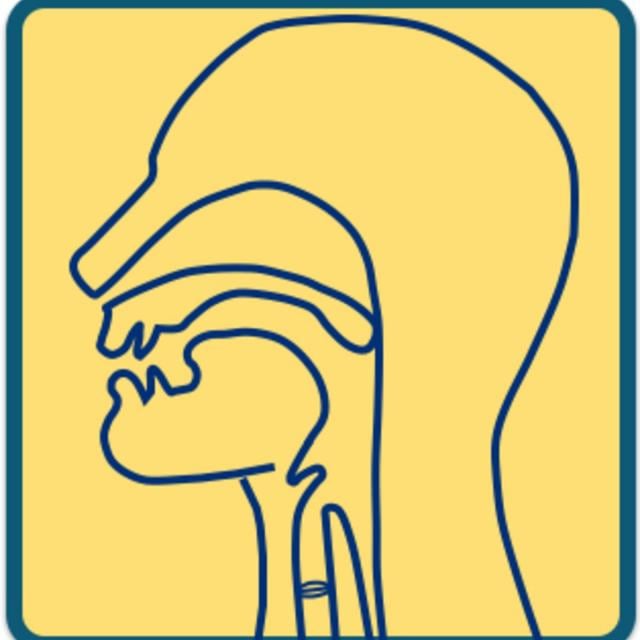MOOC List is learner-supported. When you buy through links on our site, we may earn an affiliate commission.

MOOC List is learner-supported. When you buy through links on our site, we may earn an affiliate commission.
Learning these things will help you speak more clearly and make sure that others can understand what you're saying. This course is useful for English language learners who want to improve pronunciation of American English for better communication. Note that access to all of the lectures and handouts are free to anyone, but the graded assignments and quizzes are only available in the paid version of the course. You will need to submit recordings of your own pronunciation for graded assignments.
Syllabus
WEEK 1
Welcome
In this course, you will learn about the consonant and vowel sounds of American English and practice some of the difficult sounds. You will also learn about and practice intonation and stress. Practicing these things will help you improve your pronunciation and make your speech easier for others to understand.
Tricky Consonant Sounds
In this first week, you will practice the consonant sounds of American English. Consonants are the sounds where the air coming up from your lungs meets some obstacles on the way. The first sounds in the words time, sand, and moon are consonants. After a quick quiz to find out which consonant sounds are the most difficult for you, you’ll practice some pairs of sounds that might be confusing and learn some tricks for telling them apart, and you’ll start to understand how your mouth moves when you say these sounds.
WEEK 2
Tricky Vowel Sounds
This week, you’ll practice some tricky vowel sounds in American English. Vowels are sounds that come out of your mouth very smoothly, like the first sounds in apple, ocean, and out. Vowel sounds are very important for being understood in English. They’re the “heart” of each syllable, and they need to be said clearly to avoid misunderstanding. Our goal is to help you pronounce English in a way that can be easily understood by listeners in real life, and mastering vowel sounds is an important step toward that goal. Now let’s practice the vowel sounds of American English.
WEEK 3
The Music of American English Pronunciation
This week, you’ll learn about some things that give English its special rhythm and melody. You’ll learn about syllables—the small chunks of sound that make up the “beats” in words—and word stress—the way some parts of words are emphasized more than others. You’ll also see how some words become shorter and weaker when we talk. Since these words are used very often in ordinary speaking, we can’t understand spoken English without them. Our goal this week is to help you use the music of English to communicate more effectively and to be understood more easily when you speak. Enjoy learning about the music of American English pronunciation.
WEEK 4
Other Tricky Things
In this final week of the course, you'll look at a few more tricky points in American English pronunciation. First, you’ll learn about the different ways to pronounce the –s and –ed word endings, which have important grammatical meanings, and you’ll learn when to use each kind of pronunciation. Next, you’ll practice pronouncing numbers like 14 and 40, 15 and 50, 16 and 60 that can cause misunderstandings. You’ll also learn about the pronunciation of the words “can” and “can’t” –the difference between them might surprise you. Finally, you’ll practice some sound changes that happen when words come together in common spoken expressions like "gonna" for "going to," "wanna" for "want to," and "shoulda" for "should have."
MOOC List is learner-supported. When you buy through links on our site, we may earn an affiliate commission.
MOOC List is learner-supported. When you buy through links on our site, we may earn an affiliate commission.
